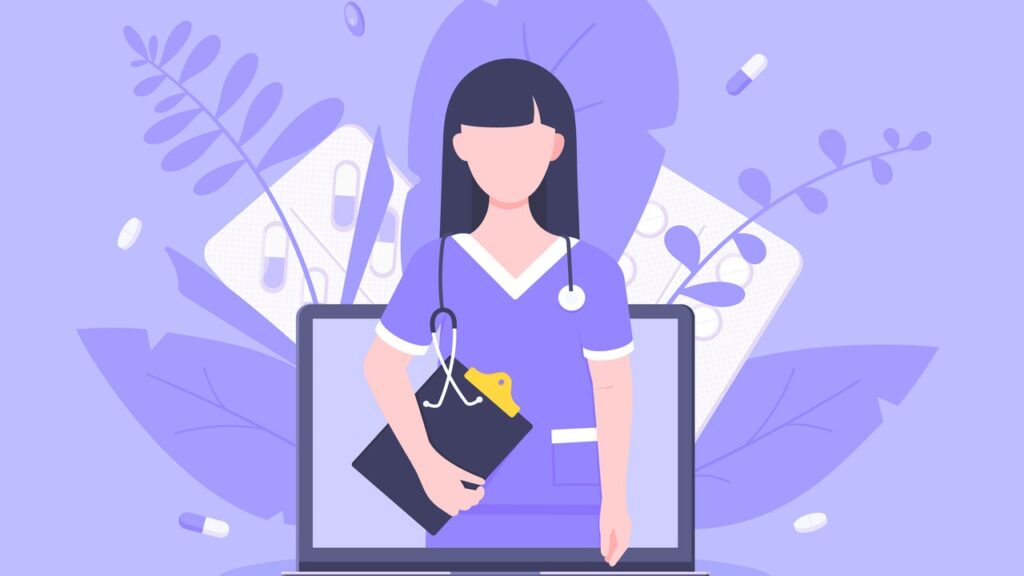One of the only drawbacks to online treatment was that patients could more easily engage with their eating disorder behaviors, Kalotihos said.
“If we were in person, ideally that wouldn’t have happened because we would be all together,” Kalotihos said. “But we’ll never know, because that’s not the reality that we had at the time.”
Concerns that online treatment wouldn’t be sufficient for some of her patients led Marissa Sappho, LCSW, the founder of Aurora Center NYC, to start meeting patients face-to-face in July 2020 — long before other mental health practitioners did.
“I saw my patients struggling tremendously and in pain, in isolation and fear and terror, decompensating in their eating disorder. And doing all of that in the context of a pandemic, that was absolutely terrifying,” Sappho said.
Sappho felt that she could better support patients in-person so they could focus solely on treatment. Online sessions put an additional burden on patients as they become responsible for maintaining a safe, quiet and private space for treatment — something that providers would handle in-person, she said. The remainder of her staff returned fully in-person in May. Aurora Center is now operating under a hybrid model, with 40% of patients coming into the office.
BALANCE — where Kalotihos received treatment — is resuming in-person treatment, but rolling it out slowly via a hybrid online and in-person model. BALANCE Founder and CEO Melainie Rogers, MS, RDN, CDN, CEDRD-S, said the patients are already “soaking up the camaraderie” of being in the same room.
“There’s just nothing that replaces that,” Rogers said. “Being in a room with others who get it so you don’t feel so isolated and alone with this illness has been shown to be just so cathartic and therapeutic.”
Some patients still find in-person treatment options to be crucial, even outside of a group treatment setting. A 26-year-old Columbia University graduate student said that seeing a provider face-to-face gives her a safe space outside of her home, where her binge eating disorder affects her most. The student, who asked not to be named, said there are measures that could make in-person treatment safer, especially since much of the city has already returned to hybrid or fully in-person activities.
“Part of the care that you’re supposed to give people is seeing them in person,” she said.
If you or someone you know is struggling with an eating disorder, NEDA’s toll-free, confidential helpline (800-931-2237) is here to help: Monday through Thursday, from 9 a.m. to 9 p.m. ET, and Friday, 9 a.m. to 5 p.m. NEDA’s helpline volunteers offer support and basic information, locate treatment options in your area, and can help you find answers to any questions you may have.
Let us slide into your DMs. Sign up for the Teen Vogue daily email.
Want more from Teen Vogue? Check this out:

